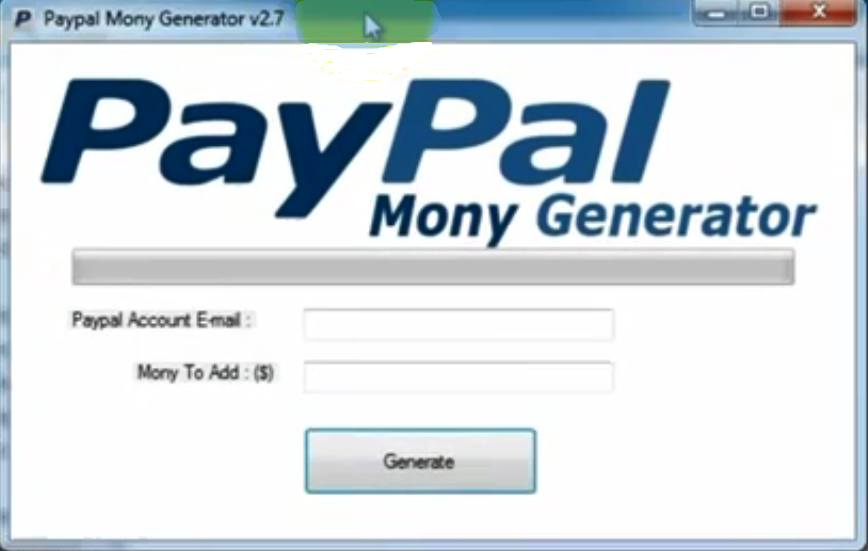
“PayPal ‘verifies’ an account when a customer agrees to attach a bank account to it then sends a micropayment the bank account, and asks the user the value of that mini deposit,” he explained. One such site – iProfit.su – was recently identified by security researcher Brian Krebs.Īccording to Krebs, many of the PayPal accounts on the auction block at iProfit.su have a zero balance, but are supposedly “verified.” Indeed, hacked accounts are frequently traded in online forums and even sold on websites. Paypal declined to provide Young with specific reasoning for the suspension, saying he had breached the acceptable use policy, but following widespread backlash, his accounts were restored.Compromised PayPal accounts are typically perceived as a valuable commodity in the digital criminal underground.
Hacked paypal accounts free#
It comes just days after PayPal cancelled three accounts linked to a US commentator Toby Young who runs a non-profit called Free Speech Union, known for defending clients including comedian Russell Brand in his YouTube ban stoush. “At this rate, Web3 adoption will happen more because of the reckless actions of Web2 companies.”

“PayPal censoring speech and blocking payments is the best thing that has happened for the adoption of crypto payments with stablecoins,” crypto investor Santiago Roel Santos tweeted. “Our teams are working to correct our policy pages,” they continued, adding: “We’re sorry for the confusion this has caused.”īut the saga only confirmed widespread views within the crypto communities that companies running payment systems afford them unprecedented control over people and how they spend their money. “PayPal is not fining people for misinformation, and this language was never intended to be inserted in our policy. “An AUP notice recently went out in error that included incorrect information,” a Paypal spokesperson said. Tesla billionaire Elon Musk replied that he “agreed”, in a tweet that attracted more than 27,400 likes, while PayPal’s founding chief operations officer David Sachs urged users to “get your money out of PayPal right now”.īut in an apparent back peddle for the multinational fintech, a spokesperson blamed the controversial clauses in question on a simple “error” in a statement to media. “A private company now gets to decide to take your money if you say something they disagree with. “But new AUP goes against everything I believe in. “It’s hard for me to openly criticize a company I used to love and gave so much to,” Marcus, who has since founded bitcoin-focused Lightspark, tweeted on Saturday. A private company now gets to decide to take your money if you say something they disagree with. But new AUP goes against everything I believe in. It’s hard for me to openly criticize a company I used to love and gave so much to.

The dollar figure is described as a “reasonable minimum estimate of PayPal’s actual damages” in the user agreement, which one is required to consent to in order to use the online payment platform.įormer Paypal president David Marcus tweeted that he was floored by the new policy, calling it an affront to his belief system and corporate “insanity” manifest. The policy also banned “hate, intolerance and discrimination” and added safeguards for “protected groups” and individuals or groups based on “protected characteristics” including race, religion, gender or gender identity and sexual orientation.īut the policy did not expand upon what would constitute “misinformation” to the company, only that it would be the “sole discretion” of PayPal’s employees to decide upon, immediately raising alarm bells for users. The new policy was due to be added to the restricting activity section of PayPal’s new User Agreement on November 3, including a ban on the “sending, posting, or publication of any messages, content, or materials” that would “promote misinformation” or “present a risk to user safety or wellbeing”.

Source: Daniel OberhausĪ shamefaced PayPal has reneged and apologised for a new policy that would’ve seen users penalised US$2500 ($3400) from their accounts for spreading what the company deemed misinformation after PayPal’s former president declared it “insanity”.

Tesla billionaire Elon Musk was among those slamming PayPal's new misinformation fines.


 0 kommentar(er)
0 kommentar(er)
